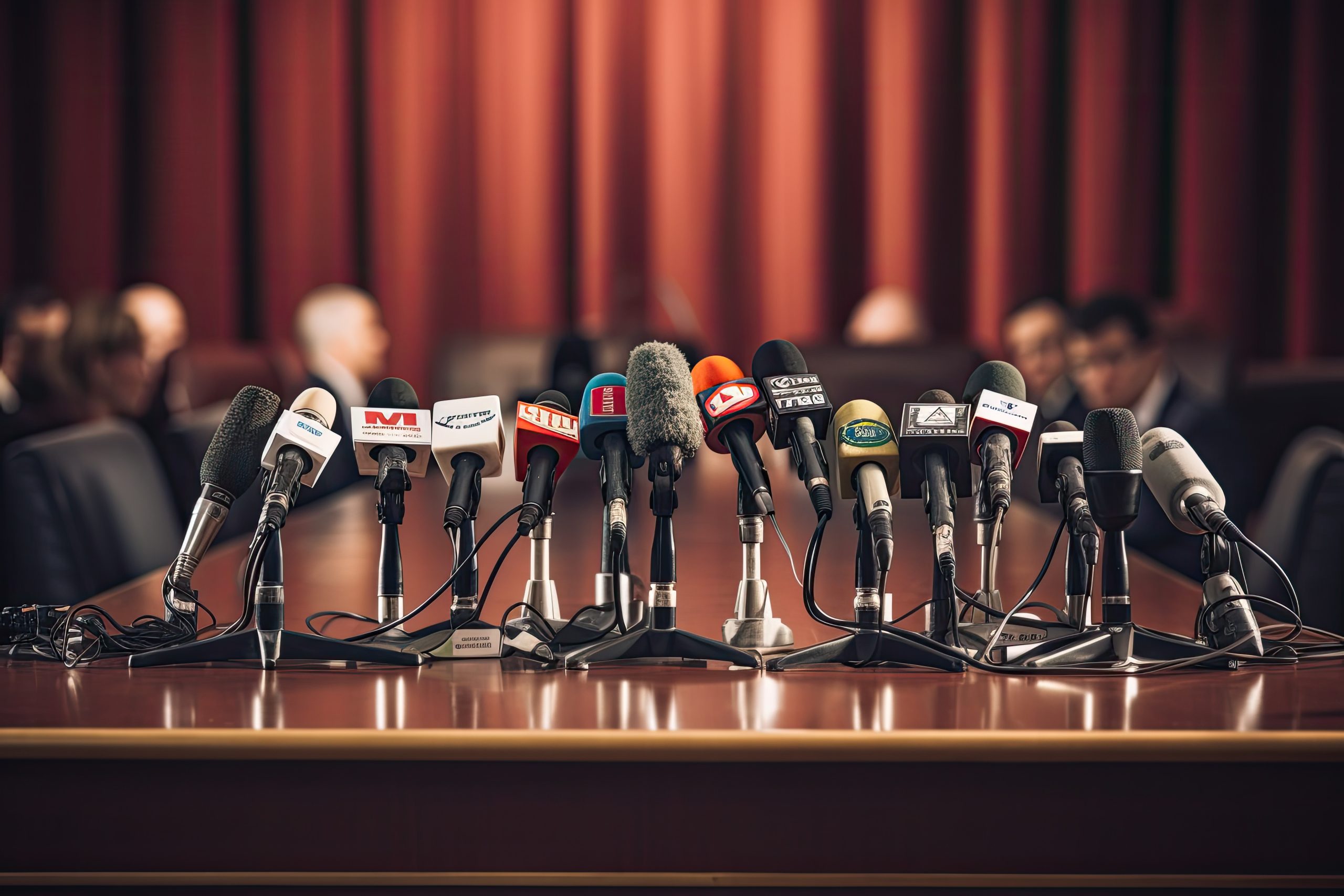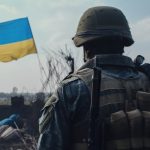A disappointing journalistic venture – Tucker Carlson interviews Vladimir Putin

As the journalistic world was preparing for the release of the most anticipated interview of the year, Tucker Carlson delivered a linear, submissive and mostly propagandistic interaction with the Russian president, Vladimir Putin. On February the 8th, American reporter and ex-correspondent for Fox News published a well foreseen interview with Putin regarding the War in Ukraine and other aspects that define the sour Western-Russian multilateral relations. The media world was shaken when the Kremlin confirmed the event, as Putin didn’t interact with Western voices since the beginning of the conflagration in 2022. Yet, despite the anticipation and hype behind this rare occasion, the result was a disappointing, two hour solo speech from the Russian leader about historical justifications and mischaracterizations of the political realities of the past.
The discussion kicked off ironically with Putin asking for 30 seconds in order to give some historical context behind his incentives for the military operation, which hopelessly turned into more than 40 minutes of historical recreation of the Russian people’s emergence since the 9th century and its ties with the Ukrainians. He then carried on portraying the view of an artificially created Ukrainian people by a combination of factors, such as the Polish-Lithuanian influence and the Soviet Union’s desire for an established Ukrainian state that engulfed territories from almost all their neighbours, especially Russia. Even though Putin utilised multiple mischaracterizations of historical facts and altered past events to fit into his rhetoric and flawed logic, Tucker Carlson presented, for the better part of it, a passive attitude and very few interventions or attempts of defiance, allowing Vladimir Putin to continue his misleading lecture unchallenged.
And while the issue of the interview’s contents are to be confronted by political and historical specialists, the nature of Carlson’s clearly biased attitude and almost sympathetic reactions to his interlocutor are an intelligible reason for depicting this interview as a failure for independent journalism.
Moreover, Tucker failed to delve into pressing subjects, such as Putin’s conviction as a war criminal by the International Criminal Court, or the accusations behind the cruelty acts committed by his armed forces in Ukraine. Instead, he preferred to reach for a light discussion, filled with philosophical questions and even an appeal to Putin’s religious beliefs. One of his only attempts to pressure the Moscow leader came when he asked about the release of American journalist Evan Gershkovich, imprisoned for espionage, to which Putin replied vaguely and only indicated that there are future possibilities for negotiations.
Many prestigious publications such as the BBC interpreted this journalistic venture as a “mutually beneficial encounter” for the two. On the one hand, Putin capitalised from the visibility that the interview provided to advocate for his justifications behind the invasion, constructing a filmy and true-lacking historical framework. This comes handy especially since the US Congress is as of now negotiating a 60 billion $ military aid package to Ukraine and every attempt to persuade the American public against the Ukrainian cause would definitely help Russia’s war effort. On the other hand, Tucker Carlson attempt to build his independent reporting career following his sudden departure from Fox News benefited considerably from this interaction with the Russian leader.
Yet in this polarizing debate regarding the quality of the interview and the true motives behind both participants’ incentives, some aspects abide clearly. The interaction offered some interesting information about Russia’s view on the war and its conditions for reaching an agreement, while also reiterating that Vladimir Putin bases its political and executive decisions on fragile, misleading and often false historical adaptations in order to justify the horror that is currently undergoing in Ukraine. Finally, depending on the viewer stance, it displays a lot about the state of independent journalism, which is less and less seen these days in a more and more fragmented and polarizing world.
Read more:https://www.bbc.co.uk/news/world-europe-68255302



